Letter-Setter. Notes about one game development. P1
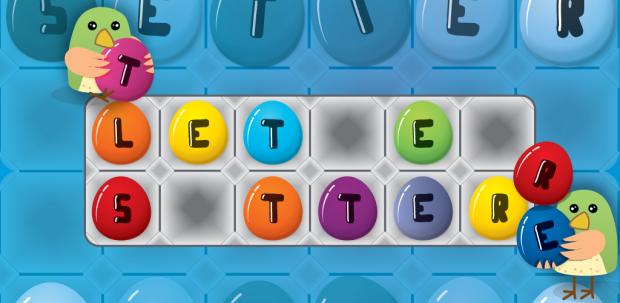
[hr][/hr]
…does not see…
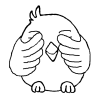

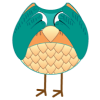
Sometimes, any developer (and if we look more broadly, not just developer) is sooner or later stricken with an idea to create something on his own.
It may be something "calm and cozy", or "educational". Or at least the tritest "something I can make money on". But more often than not, it's likely to be a little bit of everything.
Of course, it's not easy to embark upon the project. Because whatever your level of determination is, or whether you have years of development experience or not, lots of questions will always arise, thus making you doubt.
- What will the project be about?
- Isn't it too complicated? After all, it could take ages to implement it.
- Or, perhaps, it is too straightforward…
- Has nobody done such a project before?
- When will I work on it?
- Where will I find like-minded people to help me with this project?
- Or should I go it alone?
And so on and so forth. And many of these questions are indeed important.
But at some point, tired of brainstorming perfect projects on paper (or, to be more accurate, I did it mostly mentally), I decided to stop dreaming and take an action instead!
The first thing to do was to temper my enthusiasm and look at things more realistically:
- firstly, there was no point in tackling the "dream project"; after all, I wanted to see it through to the end;
- secondly, knowing myself and my communication skills, there was no point in gathering a team of pro bono volunteers right away;
- and, as follows from the above, the project had to be small.
Next came the stage of searching for an idea. All those projects that had been conceived many years ago flashed before my eyes… I looked through everything... literally everything...even if it was described by a single sentence... It was necessary to pick up something suitable. Finally, I have chosen to combine a word game with a tile-matching one. What a strange idea!
Such word-forming video games as Bookworm Adventures and Letter Quest: Grimm’s Journey came to my mind as references.
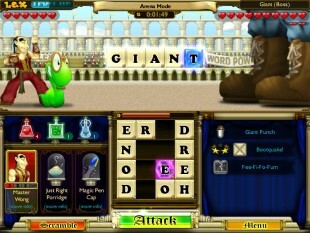
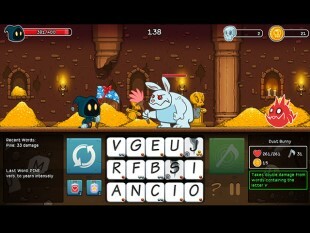
But they support only one language, and the rules of these games do not prohibit using:
- plural nouns,
- repeating words with different endings,
- adjectives,
- verbs, etc.
In my opinion, word games should be more like board games, where only common nouns in their singular nominative case are allowed.
Balda is a word game in which one should add one new letter in a turn to form a new word. The words are formed by connecting adjacent letters in any direction, except the diagonal one, and the word length determines the number of points scored. And this is where something similar to tile-matching mechanics is beginning to be traced.
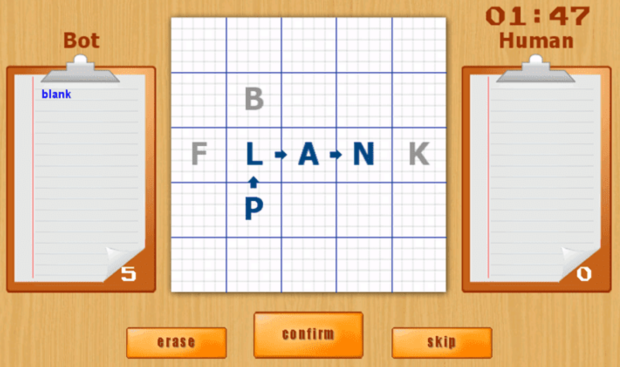
Scrabble is somewhat similar to the previous game, but each turn one can add up to all tiles they have in their hand to form new words (and all words formed will be counted). The words are read left to right in rows or downward in columns. The greater the number of words and crosses is, the more points are scored (each letter is marked with a point value based on the letter's frequency). The way the words are formed makes this game similar to crossword puzzles. In fact, crossword is another word game that can be viewed as a reference, but it does not require separate presentation, as far as I can see. Anyway, all this suggests that in my game words should also be read left to right in rows and downward in columns.

Boggle is a word game in which players try to form as many words as possible using letters available on a square grid, within a set time limit. The letters used to form a word must connect horizontally, vertically, or diagonally. In terms of grid structure, Boggle is the closest variant to tile-matching games.
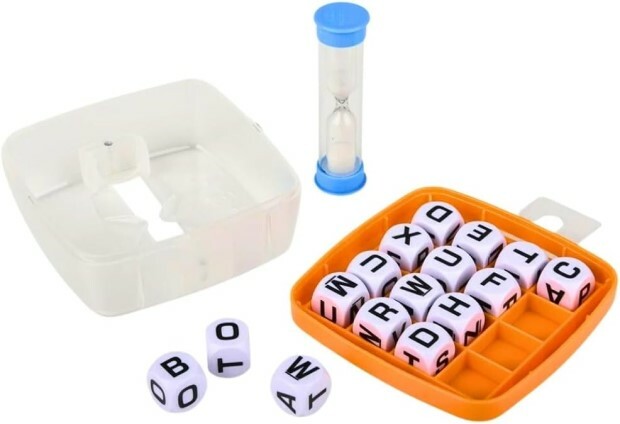
So, the idea was found, the references were studied, the mechanics were outlined, and it was time to get started! But brainstorming was on the go, and there was no way to stop it. At some point, I even had an idea to abandon the game board and tile-matching mechanics, and create something similar to Zuma, but with words.
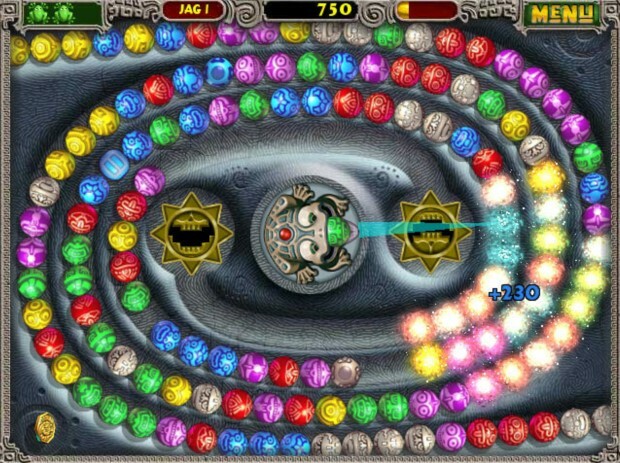
However, that brought lots of questions regarding letters selection: it’s not enough to make a playground, you must be sure that there will be something to play with. In other words, the process of making new words must be manageable. In tile-matching mechanics the probability of possible outcome is greater, because the board incorporates greater number of letters and greater number of permutations.
There were some other ideas, but I made myself stop, closed my eyes and told: "I see nothing else", and that is how the search for ideas was officially finished!
In the end, I was to make a game taking place on a board with letters that incorporates tile-matching mechanics and simplified rules of reading – from left to right in rows and downward in columns. Somehow, it was an attempt to distract players from ordinary tile-matching by sophisticated mechanics, and provide them with a chance to wrack their brains.
Ultimately, this turned out to be a mistake in terms of attracting fans of tile-matching games, as the charm of such games lies in their simplicity: they provide relatively easy tasks and the ability to interrupt at any moment. In general, they are an easy way to increase the dopamine level... But easy ride is not for us!
[hr][/hr]
https://store.steampowered.com/app/676320/LetterSetter/